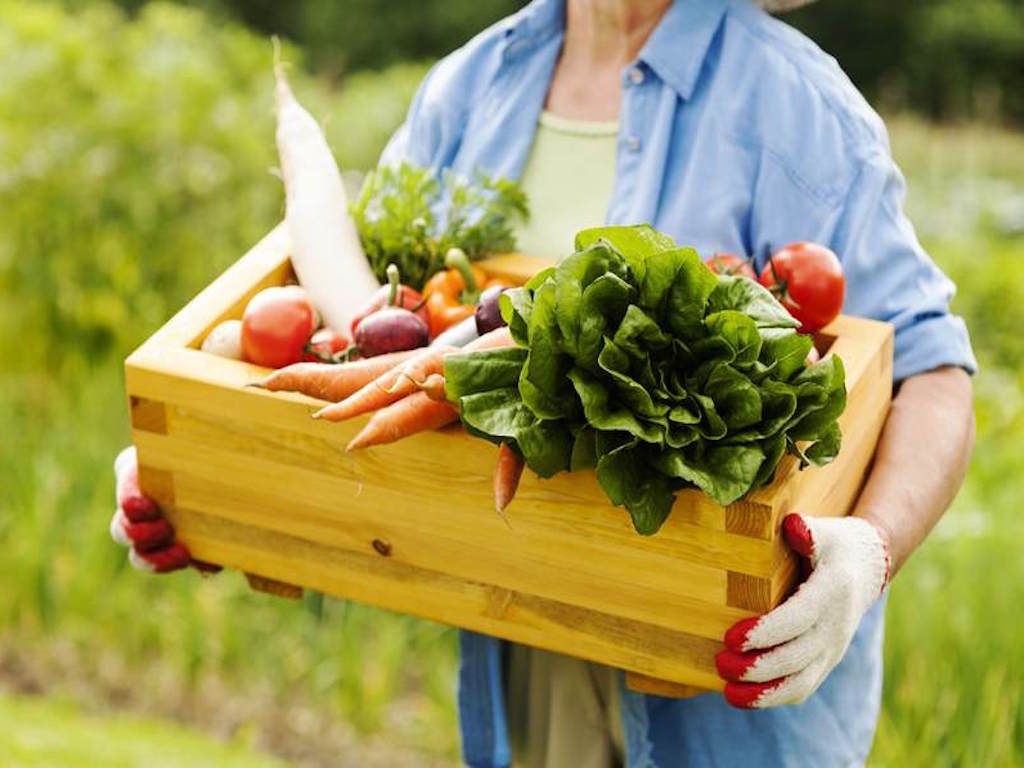3 Mins Read
A new report, conducted by Dutch organic specialist Eosta in collaboration with the University of Twente in the Netherlands, has found that organic agriculture can help make progress on 8 of the 17 United Nations Sustainable Development Goals (SDGs). Looking into existing data and compiling findings in a meta-analysis, the report argues that organic farming can contribute to delivering the globally agreed goals of combating climate change, biodiversity protection, achieving zero hunger and clean water for all, amongst other targets. With Asia-Pacific lagging behind on SDG progress and even backtracking in some cases, these findings shed light on one of the key solutions that can be implemented if the region is to take strides forward to achieving the SDGs.
The Eosta report, which details the findings of a compilation of scientific studies, argues that sustainable agriculture can contribute to the accomplishment of multiple SDGs. It also makes the reverse case, suggesting that agro-chemicals used in conventional agricultural systems can negatively impact SDG progress. The meta-analysis pulls its data from over 50 scientific publications, including those conducted by the United Nations and the Food & Agriculture Organisation (FAO), as well as general findings from 120 papers and studies.
According to the FAO, organic agriculture does not feature synthetic fertilisers, pesticides, drugs, genetically modified seeds or breeds, instead making use of locally relevant site-specific management practices to prevent pests and diseases while sustaining the long-term fertility of soil.
One of the 8 goals that would greatly benefit from organic agriculture is Climate Action (Goal #13). Organic farming practices perform better than traditional farming in terms of carbon sequestration – locking carbon into the soil – and comes without the heavy use of agro-chemicals that have been shown to be one of the largest emitters of carbon dioxide in the industry. In addition to improving soil quality and fertility, adopting sustainable farming organic practices would also encourage responsible consumption.
Some of the other goals that would be addressed by implementing organic agriculture include Life Below Water (#14), Life On Land (#15), Clean Water and Sanitation (#6), Zero Hunger (#2), Good Health And Wellbeing (#3) and Decent Work Conditions (#8).
These findings come as more consumers in general are realising the health benefits associated with consuming organic produce, particularly in Asia. According to Ecovia Intelligence, sales in the natural and organic beauty sector have shot up in the Asian region far more than European and North American markets. At this year’s Natural and Organics Asia show, Carson Wong from Baptist University’s Organic Resource Centre (HKORC) commented on the rise of organic farming due to “consumer awareness about the health and safety benefits of certified organic produce.” This is with good reason, as recent studies have found that organic produce contains more diverse and balanced bacteria than conventionally farmed fruits & vegetables.
University of Twente and Eosta’s meta-analysis also presents an opportunity for the Asia-Pacific region. A recent assessment by ESCAP, the UN’s regional hub to promote greater cooperation to achieve inclusive development, showed that Asia is currently not on track to achieve any of the 17 SDGs by 2030. According to FAO figures, the region accounts for 19% of total global food and agriculture exports, making it a decisive component if the world is to achieve the globally agreed goals in just over a decades time. The findings indicate that implementing comprehensive changes to agricultural systems could be one of the key solutions to overcome some of the hurdles relating to sustainable development.
Lead image courtesy of gpointstudio / Shutterstock.




